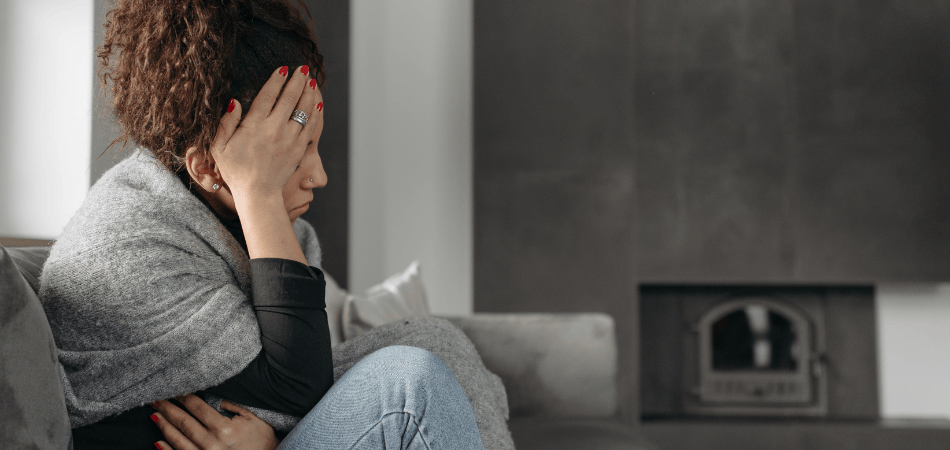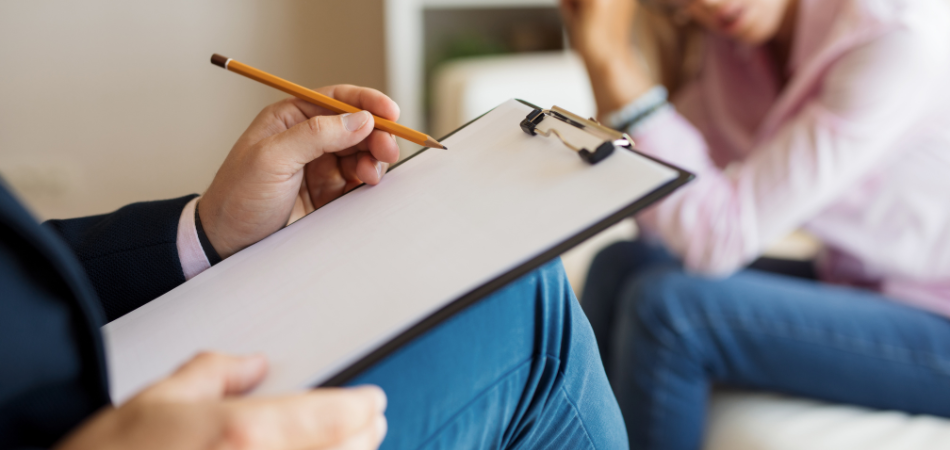
Written by:

Medically Reviewed by:
Last Updated:
August 13th, 2025
Diazepam and alcohol are both sedative-hypnotic drugs that can be dangerous when taken together. They act on the central nervous system in similar ways, causing relaxation, sleepiness, confusion and slowed reactions.
Mixing alcohol and diazepam can result in serious health risks, increase the risk of overdose and can lead to long-term effects such as addiction and depression. If you have become addicted to diazepam and alcohol, it can be a vicious cycle, but with professional treatment, you can overcome both dependencies and start a new life.
Why do people mix diazepam and alcohol?
People take alcohol and diazepam together for various reasons. Some people may have been prescribed diazepam (commonly sold under the brand name Valium) for a medical condition like anxiety and may be unaware of the dangers of mixing it with alcohol. Others with prescription may mix alcohol and diazepam deliberately in order to increase the effects of both drugs or to try and mitigate the effects of one drug while using the other.
Some people may have actually been prescribed diazepam for help with alcohol withdrawal symptoms during treatment for alcohol addiction. If they relapse and start drinking again while taking diazepam, they can then become addicted to both.
Some people also try mixing diazepam and alcohol for recreational purposes. This is because mixing the two drugs can heighten the experience producing feelings of euphoria, relaxation and a sense of well-being.
What happens when you take diazepam and alcohol together?
The effects of diazepam and alcohol mixing can be very serious. On a chemical level, diazepam and alcohol interactions can greatly increase the effects of diazepam, leading to an increased risk of overdose and long-term effects such as addiction and depression.
Physically, mixing alcohol and diazepam can slow your reaction time, impair your senses and make you more prone to accidents. Mixing diazepam and alcohol can also cause memory problems, speech difficulties, confusion and slurred speech.
On an emotional and psychological level, taking alcohol and diazepam together can cause or exacerbate depression and anxiety, leading to more severe effects such as suicidal thoughts or even suicide attempts.
Some of the most serious effects of diazepam and alcohol mixing include:
- Brain damage
- Sedation
- Loss of consciousness
- Diazepam and alcohol addiction
- Coma
- Death
What are the signs of diazepam and alcohol overdose?
Alcohol and diazepam death is a real risk both due to overdose and to the effects of long-term abuse. It is important to be aware of the signs of an overdose so that you can seek medical help immediately if necessary.
Some of the symptoms of diazepam and alcohol overdose include:
- Drowsiness and confusion
- Slowed breathing or difficulty breathing
- Unresponsiveness, unconsciousness or coma
- Cardiac arrest
- Seizures
If you or someone you know has taken diazepam and alcohol together and is exhibiting any of these signs, seek medical attention immediately. There were 290 deaths due to diazepam in the UK in 2021, many of which were due to mixing alcohol and diazepam so it is crucial that you get help straight away if you suspect an overdose.
How does mixing alcohol and diazepam lead to addiction?
Mixing alcohol and diazepam can lead to an increased risk of becoming addicted to one or both substances. This is because diazepam and alcohol act on the same area of the brain, increasing your tolerance and dependency levels more quickly.
People who become addicted may find that they need increasingly higher doses of diazepam and alcohol in order to achieve the effects they want or need. This leads to increased and frequent use which can then result in your becoming physically dependent on diazepam and alcohol. You are then at high risk of developing a psychological addiction to diazepam and alcohol, particularly if you have one or more of these:
- Easy access to diazepam, either through prescription or illegal means
- A history of substance abuse and dependency
- Underlying trauma or mental health conditions for which you use diazepam and alcohol to self-medicate for
- Genetic predisposition to addiction
- A social group who regularly use alcohol and diazepam
What are the effects of diazepam and alcohol addiction?
Diazepam and alcohol addiction can have long-term effects on your physical, mental and emotional health.
Physically, over time the effects of diazepam and alcohol can cause:
- Liver damage due to long-term alcohol use
- Stomach issues such as nausea and vomiting
- Chronic fatigue
- Severe dehydration
- Heart problems
Mental effects of diazepam and alcohol include:
- Anxiety and depression
- Suicidal thoughts or attempts
- Memory loss
- Impaired judgement and decision-making ability
- Inability to concentrate or focus on tasks for long periods of time
- Feelings of guilt or shame
- Anger and irritability
In addition to these physical and mental health effects, dependency on alcohol and diazepam can also lead to relationship problems, legal issues as a result of obtaining diazepam illegally, issues at work and school and financial instability.
How are simultaneous diazepam and alcohol addictions treated?
Treatment of simultaneous diazepam and alcohol addiction usually starts by breaking your physical dependence on the two substances. This is done through a detox which is the process of weaning yourself off of diazepam and alcohol in a safe and medically supervised environment.
Both alcohol and diazepam detox can produce severe withdrawal symptoms and with benzodiazepines like diazepam, these symptoms can last for weeks or even months. This is why it is important to go through detox under the care of medical professionals like the team at Primrose Lodge who will ensure you are safe and comfortable the whole time.
Once you have broken your physical dependence on diazepam and alcohol, the next step is to break your psychological addiction. This is done through rehab treatment which uses a range of therapeutic techniques to help you understand the underlying causes of your addictions and develop strategies for living a substance-free life.
At Primrose Lodge our diazepam and alcohol rehab programmes involve:
- Group therapy
- Individual therapy sessions
- Cognitive behavioural therapies
- 12-step work
- Relapse prevention techniques
- Alternative treatments like yoga, meditation and mindfulness exercises
- Family therapy
We also provide one year’s free aftercare when you leave Primrose Lodge to help you stay on course with your recovery. This involves weekly group therapy sessions where you can get the advice and support needed to avoid relapse.
Important takeaways
With so many people mixing alcohol and diazepam for both self-medication and recreational purposes, it is important to understand the real and ever-present risks. Here are some important takeaways which everyone should know before they consider taking diazepam and alcohol together:
- There is no safe amount of alcohol and diazepam that you can take together without putting yourself at risk of a potentially lethal overdose
- Combined diazepam and alcohol effects are far more intense than taking either of the two alone
- Mixing diazepam and alcohol can cause serious physical, mental and emotional health effects
- Mixing diazepam and alcohol can increase your risk of developing an addiction to both substances
- It is illegal to possess diazepam in the UK without a prescription while supplying diazepam can result in an unlimited fine and a prison sentence
How to get help
If you are worried about the effects of diazepam and alcohol or think you may be addicted, contact Primrose Lodge today. We can help you break the physical and psychological dependence on both substances and give you the tools you need for long-term recovery.





